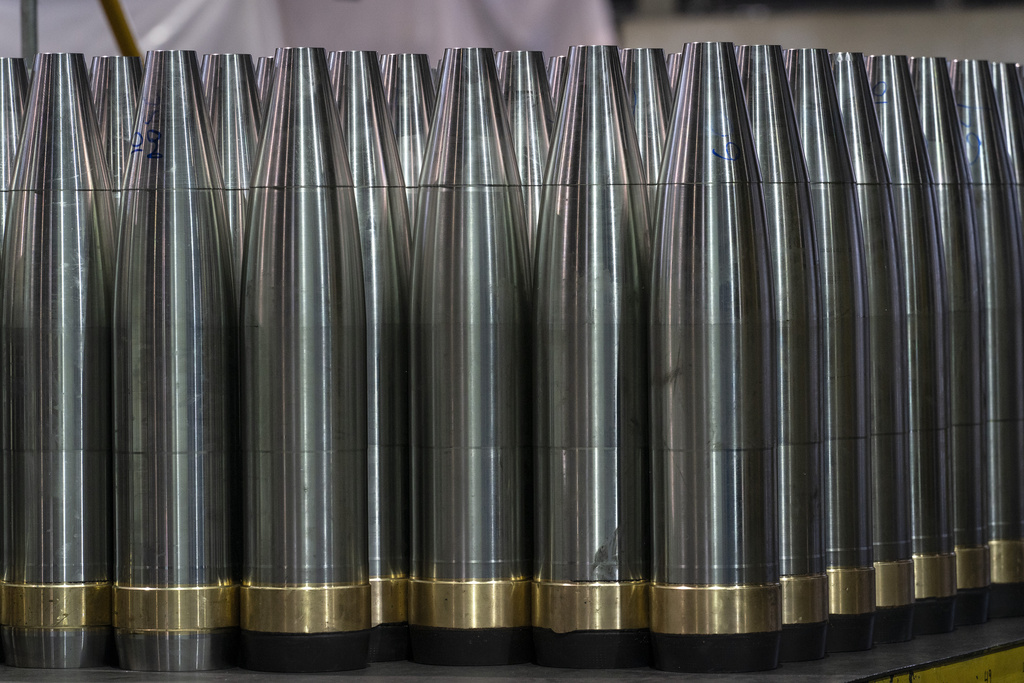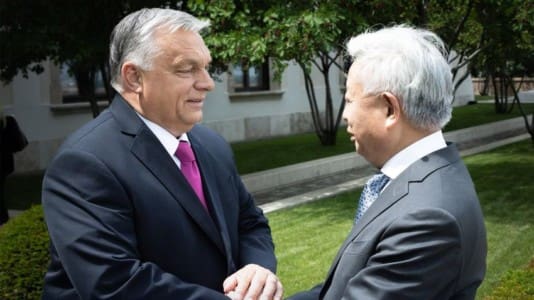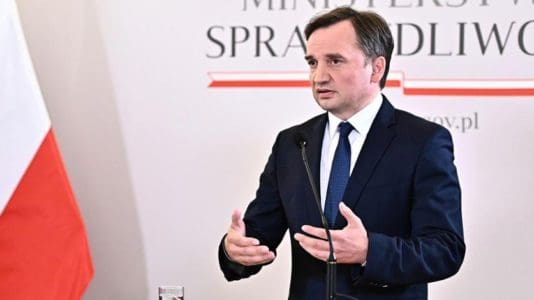A top EU commissioner is putting forward a legislative proposal on the development of a common EU ammunition industry, which will be submitted to the European Parliament later this month.
Thierry Breton, the European commissioner for the internal market, submitted the proposal on the advice of EU High Representative for Foreign Affairs Josep Borrell. It is the final stage of Borrell’s original three-stage plan, which seems more complicated than the relative clarity of the first two stages. In the first stage, €1 billion will go into the European Peace Facility, from which countries that send weapons from their armed forces to Ukraine will be compensated. While the regulatory inadequacies of the Peace Facility have given rise to serious abuses, Brussels politely looks the other way when those that toe the EU line spend European taxpayers’ money on themselves.
The second step is the idea of a joint purchase of arms, which has been stalled for a long time. This has primarily been due to French President Emmanuel Macron saying his country is opposed to the EU ordering arms from third countries, as this would lead to further debt in the EU defense sector and a reduction in EU capabilities.
The third step is perhaps the most complicated. This would involve coordinating European ammunition production and strengthening the EU defense industry, backed by a dedicated financial base and various incentive provisions from Brussels.
The fundamental problem with the third step is that the member states do not understand how much power Brussels envisages for coordinating a “common defense industry.” While it is obvious that defense capabilities need to be increased, the amount of control the European Commission might exercise is a much more disputed matter.
Breton’s proposal is to create a €500 million fund to modernize and expand European manufacturing capacity, upskill and retrain workers, and “develop cross-border industrial partnerships” to secure supply chains. Selected projects would receive 60 percent of the fund as a non-reimbursable grant, with the rest to be made up by the company or member state concerned.
However, the European Commission has packed into the legislation an extension of its own powers, i.e.,
it would have the right to access all confidential information that has so far been jealously guarded by the member states’ defense industries.
European Commission President Ursula von der Leyen would then be able to request information at any time on the production capacity of individual companies, the various elements of the supply chains, inventory levels, and any problems that manufacturers may be experiencing that could hamper capacity increases.
The most controversial part of the proposal is that it would give the European Commission the right to place direct orders with the European defense industry and even export their products without their own governments’ approval, which would give both the European Commission and arms manufacturers unprecedented powers.






